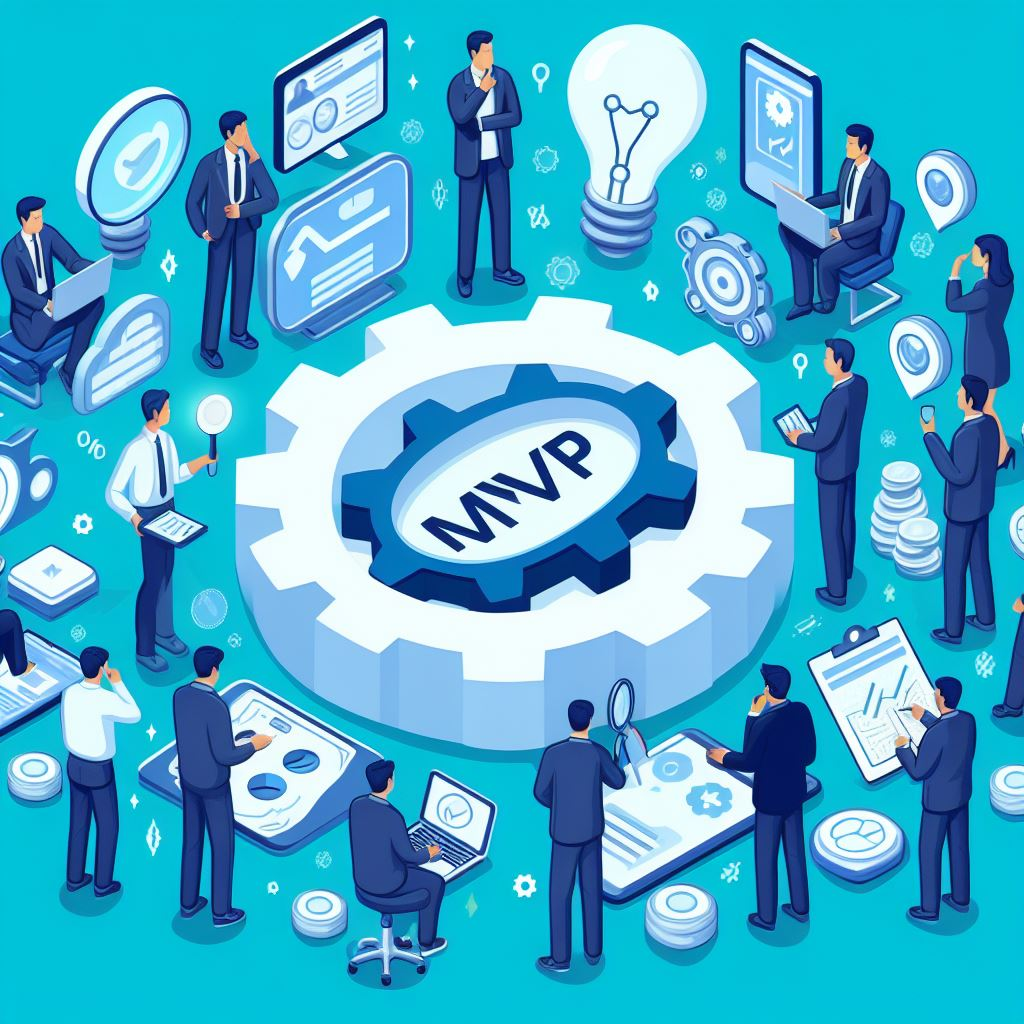How App Modernization Services Reduce Costs and Improve Efficiency
In today’s competitive business landscape, staying ahead often means keeping your technology up to date. However, many organizations still rely on legacy systems that no longer align with modern business needs. This is where App Modernization Services come into play, providing a strategic approach to transforming outdated applications into efficient, cost-effective solutions. In this blog, we’ll explore how Legacy Application Modernization Services not only reduce costs but also enhance operational efficiency, enabling businesses to thrive in a digital-first world.
Understanding App Modernization Services
App Modernization Services involve upgrading or reengineering legacy applications to make them more agile, scalable, and efficient. These services ensure your software remains relevant in today’s fast-paced technological environment by integrating modern tools, frameworks, and methodologies.
The process often includes:
Migrating to the cloud for scalability and flexibility.
Refactoring code to improve performance.
Adopting modern architectures like microservices for greater adaptability.
By investing in Application Modernization Services, businesses can unlock new opportunities for growth while addressing inefficiencies and high operational costs associated with legacy systems.
How Legacy Systems Impact Costs and Efficiency
Legacy systems, while functional, come with significant drawbacks:
High Maintenance Costs: Older technologies require constant updates and patches, consuming valuable resources.
Limited Scalability: Legacy systems struggle to adapt to increased workloads or new business requirements.
Security Risks: Outdated software often lacks robust security measures, leaving businesses vulnerable to cyber threats.
Integration Challenges: Legacy systems may not integrate well with modern tools, causing workflow disruptions.
These challenges make it clear why Legacy Application Modernization Services are essential for businesses aiming to reduce costs and improve operational efficiency.
Cost-Reduction Benefits of App Modernization Services
Lower Maintenance Expenses
Modernizing legacy applications reduces the need for constant updates and repairs. By transitioning to modern architectures or cloud platforms, businesses can significantly cut down on maintenance costs.
Improved Resource Allocation
Modernized systems are easier to manage, freeing up IT resources for strategic initiatives rather than routine maintenance.
Energy Savings
Migrating to energy-efficient cloud platforms helps reduce operational costs, especially for businesses managing large data centers.
Streamlined Operations
Modern applications integrate seamlessly with other tools and platforms, eliminating inefficiencies caused by siloed systems.
Avoiding Technical Debt
Modernization prevents the accumulation of technical debt, which can become a financial burden over time as businesses delay necessary upgrades.
Efficiency Gains Through Application Modernization Services
Enhanced Performance
Modernized applications leverage advanced technologies like AI and machine learning to improve performance and productivity.
Better User Experience
Modern interfaces and functionalities enhance user satisfaction, leading to higher employee and customer engagement.
Scalability and Flexibility
Modern architectures like microservices enable businesses to scale their applications based on demand, ensuring they’re always ready for growth.
Faster Time-to-Market
By adopting agile methodologies, Application Modernization Services accelerate development cycles, allowing businesses to launch updates and new features quickly.
Data-Driven Decision-Making
Modern applications integrate advanced analytics tools, enabling businesses to make informed decisions based on real-time insights.
Key Components of App Modernization Services
Cloud Migration
Moving to the cloud ensures scalability, security, and cost efficiency.
Microservices Adoption
Breaking down monolithic applications into smaller, manageable components improves flexibility and reduces downtime.
DevOps Integration
Implementing DevOps practices ensures continuous delivery and streamlined workflows.
UI/UX Enhancements
Revamping user interfaces makes applications more intuitive and user-friendly.
Security Upgrades
Modernized applications come with robust security measures, protecting sensitive data and ensuring compliance with regulations.
How App Modernization Services Drive Business Growth
Investing in Legacy Application Modernization Services is not just about cutting costs - it’s about enabling business growth. Here’s how:
Increased Agility: Modern applications adapt quickly to changing market demands, keeping businesses ahead of the competition.
Better Collaboration: Integrated systems promote seamless communication across departments.
Innovation Enablement: With modern tools in place, businesses can explore innovative solutions like AI and IoT.
Customer Satisfaction: Faster, more reliable applications improve customer experiences, driving loyalty and retention.
Choosing the Right Partner for Application Modernization Services
To maximize the benefits of modernization, businesses must partner with experienced providers. A trusted partner will:
Conduct a comprehensive assessment of your existing applications.
Develop a tailored modernization strategy.
Ensure minimal disruption during the transition process.
At SolGuruz, we specialize in Legacy Application Modernization Services, helping businesses transform their outdated systems into efficient, future-ready solutions.
Final Thoughts
Application Modernization Services are essential for businesses looking to reduce costs and improve efficiency. By addressing the challenges of legacy systems and embracing modern technologies, organizations can unlock new opportunities for growth, innovation, and customer satisfaction.
Ready to modernize your applications? Contact us today to start your transformation journey!




Comments
Post a Comment